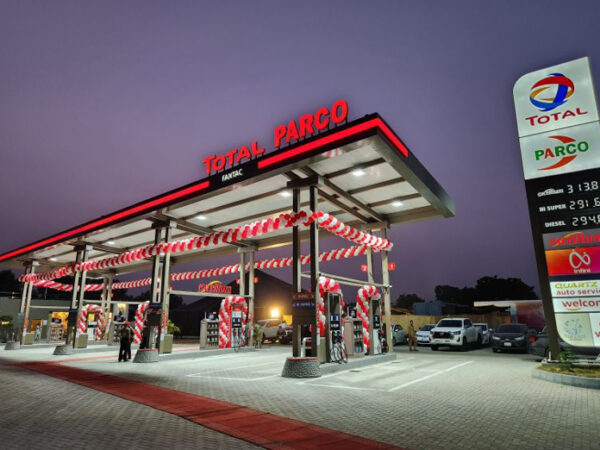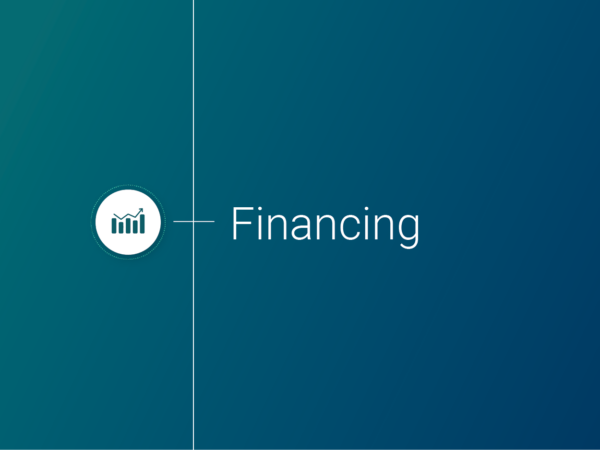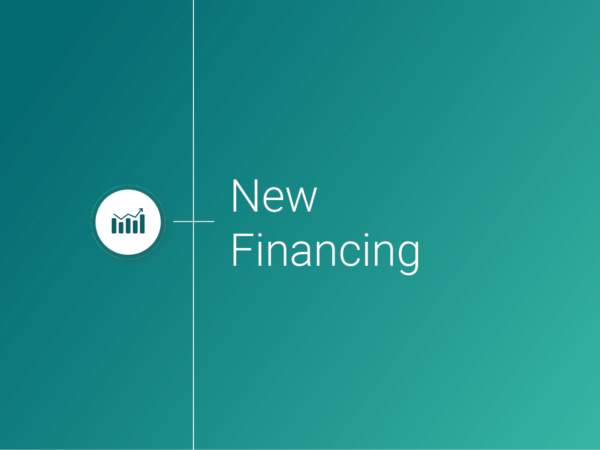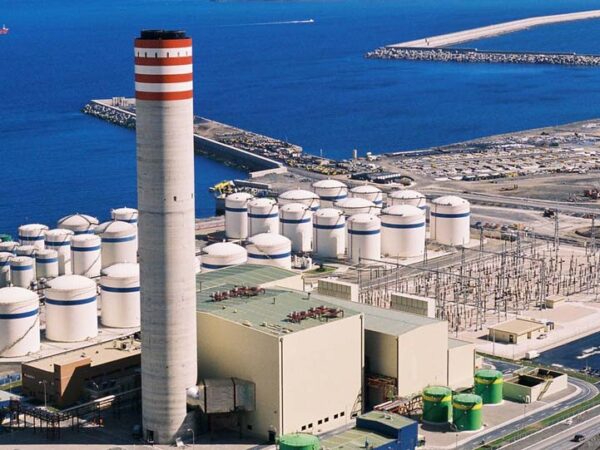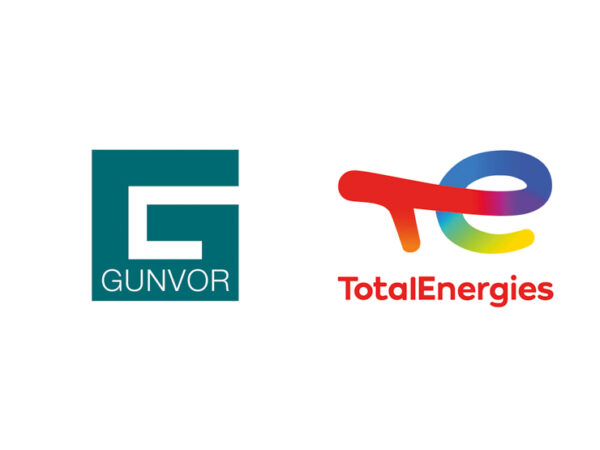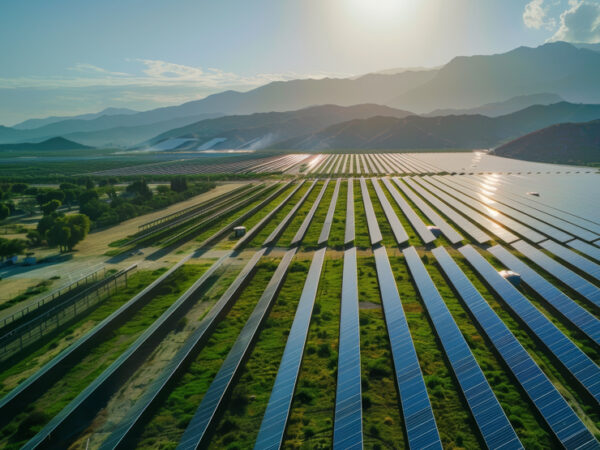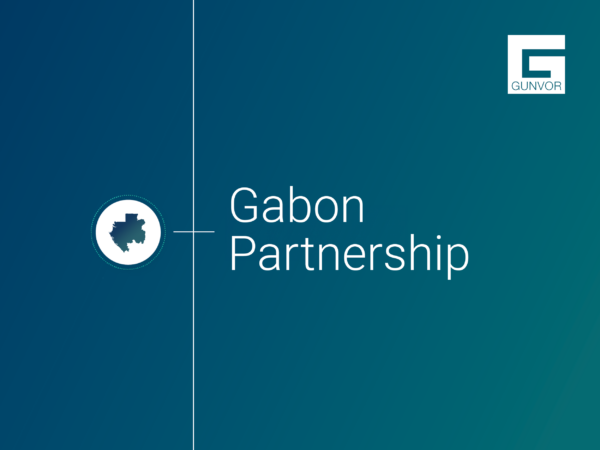Moving Energy
Efficiently
Moving Energy
Efficiently

Gunvor is trading circular products to reduce the dependency on virgin fossil resources, to minimize environmental impact, and to reuse the valuable hydrocarbon content present in waste streams.
Read MoreGunvor Group is one of the world’s largest independent commodities trading houses by turnover, creating logistics solutions that safely and efficiently move physical energy, metals and bulk materials from where they are sourced and stored to where they are demanded most. With strategic investments in industrial infrastructure—refineries, pipelines, storage and terminals—Gunvor further generates sustainable value […]
